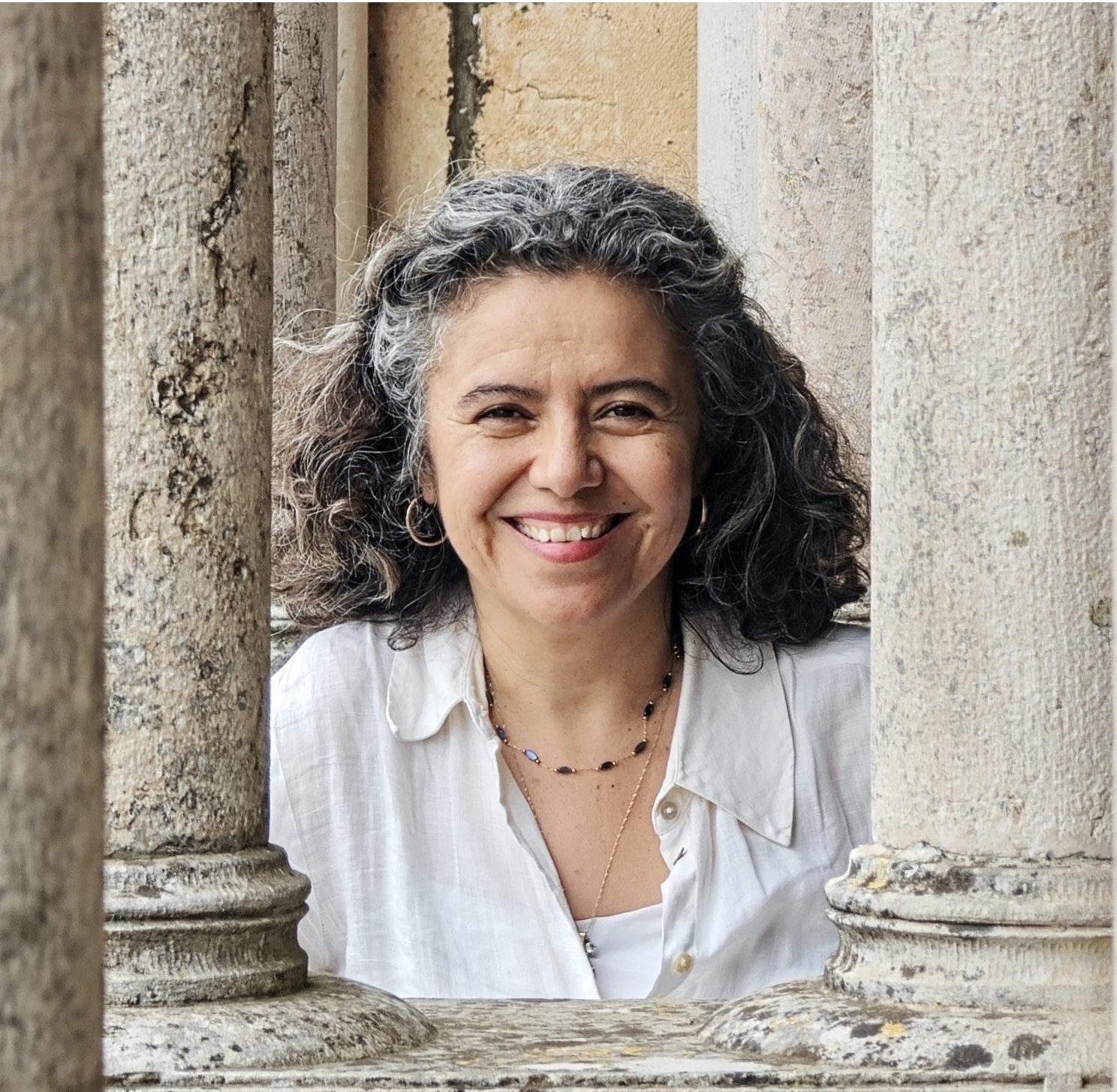By M. in C. Ivonne Cardenas Guzman
DIE-Cinvestav
It would be advisable to consider young people as subjects of care in all aspects of their lives: in their homes, in their community, in the different spaces of socialization in which they participate, in the way they establish emotional ties and in the institutions that promote the exercise of their rights. This has been made very clear by experiences of approach and research in Argentina on the diversity of youth identities that are cared for Di Leo, PF (2018)[1]. Caring for them means considering all spheres of their integral development so that, in doing so, they make the best informed decisions and live their first experiences accompanied.
Young people “face multiple challenges in their biographies and deploy different forms of care, and in this process, they develop themselves as subjects” Di Leo (2018:8). Young people have the capacity for agency, in their decisions and in the way they direct their lives. They take care of themselves as a generation, as a group, but who takes care of them? It is the State, through its institutions, public policies and programs established for this purpose, who achieve governance to address their problems, needs and thereby intervene in some sphere of their lives.
Creating a comprehensive care system in our country requires thinking about youth and the particular needs of this population group. Serving a specific population through different social programs and policies implies an articulation between various civil society organizations, public and private sectors, and requires thinking about how the components (of these policies) that comprise them can be aligned and what mechanisms are necessary to couple them.
Mexico has made progress in collecting statistical data on those who require care and whether they receive it, through the National Survey on the Care System (ENASIC-INEGI, 2022)[2]. This information provides information on the impact of care tasks on the lives of caregivers and the cultural perception of care in our country. This is an issue that urgently needs to be modified in order to equitably distribute care work.
The importance of “intervening” through different programs to address certain problems is also known, such as, for example: job placement for young people through the Youth Building the Future Program (PJCF). However, it is necessary to coordinate different interventions in education, health, employment, well-being and other areas, so that public services, programs and regulations converge in the care of people, particularly young people.
Michel, Cejudo and Oseguera (2024)[3] state that in order to provide care, it is necessary for someone to be available to do so, that is, care is relational, someone takes care of someone, people who provide care services and people who receive this care. This does not only mean that the care is given by someone in particular, but in different ways, for example, in kind. Some high school educational institutions also care for adolescents and young students through welfare programs, academic support, permanence and graduation of this educational level; and so do those social programs aimed at young people in which monetary transfers are made. These efforts will lead to the same goal: to contribute to the well-being of youth; however, it is necessary to fine-tune these efforts so that all areas of youth development and all young people are considered.
In the recent research by Ibarrola et al (2024) on the Jóvenes Construyendo el Futuro Program, the importance of this public policy to support job insertion is highlighted, as well as the ways in which apprentices are inserted in the workplace, the work of the tutors who accompany this learning process in the workplace, and the urgency of attenuating gender inequalities in young people who live in rural areas and who do not participate in these programs. These are the young women who could also receive support for the work they do and position care work as a job that needs to be recognized, remunerated, and professionalized.
Comprehensive care systems should seek not to reinforce existing historical inequalities between men and women, as well as recognize, reduce and redistribute the care work that is mostly done by women. Life experiences in contexts where contrasts are sharpened allow us to know that rural areas of the country are more exposed to inequalities in access to school, medical services, and employment with populations that have accumulated disadvantages. Continuing with a model of social development based on unequal inclusions is increasing the difference between the country's inhabitants. And with it, the lack of recognition of the other as a member of the same community.
Mitigating the problems facing our country will be achieved first by recognizing and appreciating the differences between all inhabitants, particularly among young people, and then by social and cultural distancing between them. Caregiving experiences in young people are important because they contribute to solidarity, empathy and mutual recognition.
To achieve governance in services, programs and regulations on the care of young people, guaranteed long-term funding is first required in the Federal Expenditure Budget (PEF) for the development and implementation of these policies. Without guaranteed financial resources, the only thing that will be achieved is to increase short- and long-term uncertainty in the country.
References
De Ibarrola, María Coord. (2024) The “Young People Building the Future” program: the voice and experience of its actors. A Qualitative Research. DIE-Cinvestav, INIDE-UIA, IISUE-UNAM. Mexico.
Di Leo, Pablo Francisco (2018) Subjects of care: scenarios and challenges in youth experiences / Pablo Francisco Di Leo; Martín Güelman; Sebastián Ezequiel Sustas. – 1st ed. – Autonomous City of Buenos Aires: University Publishing Group. 76 p.
[1] Available at: https://biblioteca-repositorio.clacso.edu.ar/bitstream/CLACSO/15678/1/Sujetos-de-cuidado.pdf
[2] Available at: https://www.inegi.org.mx/programas/enasic/2022/
[3] Available at: https://redaccion.nexos.com.mx/por-que-seguimos-hablando-del-problema-de-cuidados-en-mexico/






